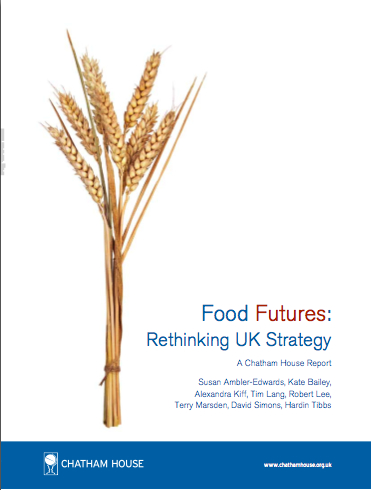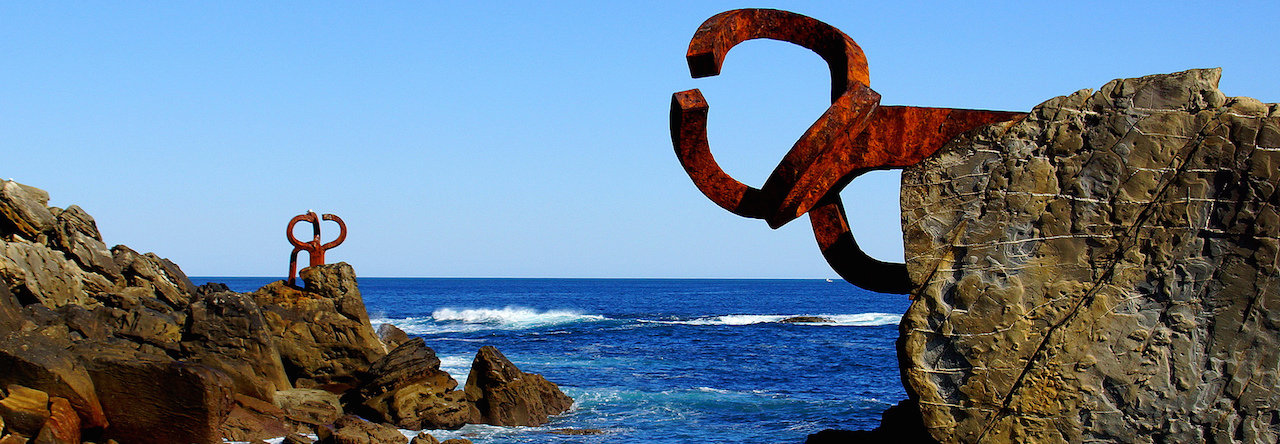 In the fat Developed countries we did not use to care about food. In general terms, we are having more food sources than we need and we only have to examine statistics on obesity to confirm food was not a matter of serious concern for rich nations. Countrymen have been receiving lots of subsidies, we have been dominating the process of liberalisation of commerce to favour our economies and in the middle of happy times, food was in a secondary position in the public policy agenda. Like other aspects, crisis has also changed the focus on the question.
In the fat Developed countries we did not use to care about food. In general terms, we are having more food sources than we need and we only have to examine statistics on obesity to confirm food was not a matter of serious concern for rich nations. Countrymen have been receiving lots of subsidies, we have been dominating the process of liberalisation of commerce to favour our economies and in the middle of happy times, food was in a secondary position in the public policy agenda. Like other aspects, crisis has also changed the focus on the question.
The worst news is for Developing Countries which have huge problems to assure food supplies to population. We are very busy with our financial crisis and may be you have read or watched that thousands of persons are dying because they lack of the food basics. But the negative wave is also affecting to fat nations. As pointed out by a report from the Chatham House of the United Kingdom,
Over the next few decades, the global food system will come under renewed pressure from the combined effects of seven fundamental factors: population growth, the nutrition transition, energy, land, water, labour and climate change. The combined effects will create constraints on food supply and if action is not taken, there is a real potential for demand growth to outstrip increases in global food production. Effects on developing countries would be devastating. Developed countries will be affected too. Expectations of abundant and ever cheaper food could come under strain.
Authors of Food Futures, Rethinking UK Strategy argue that Developed Countries are also going to suffer from the reduction of food supplies. What does it mean? The same situation than in other essential resources, like energy. We cannot be confident of depending on the international commerce. We have to promote our own food industry in all levels and establish strong links with our providers in other nations. The way is not only a certain return to economic nationalism (there is no choice) but also to working in a more balanced commercial relations with other actors, and specially with the main producers, Developing countries.
In this environment, ‘business as usual’ models could at worst fail, and at best be poor preparation for the coming period. EU/UK food supply arrangements will be required to operate profitably around a significantly higher price norm, one that reflects the true cost of resources and incorporates wider social and ecological considerations. A system that is able to reconcile the often conflicting goals of resilience, sustainability and competitiveness and that is able to meet and manage consumer expectations will become the new imperative.
The experts already think that the EU is the best framework to operate in. But I do not know if a model based on quotas and subsidies is the best way to increase the quality and competiveness of the food industry in the continent.
